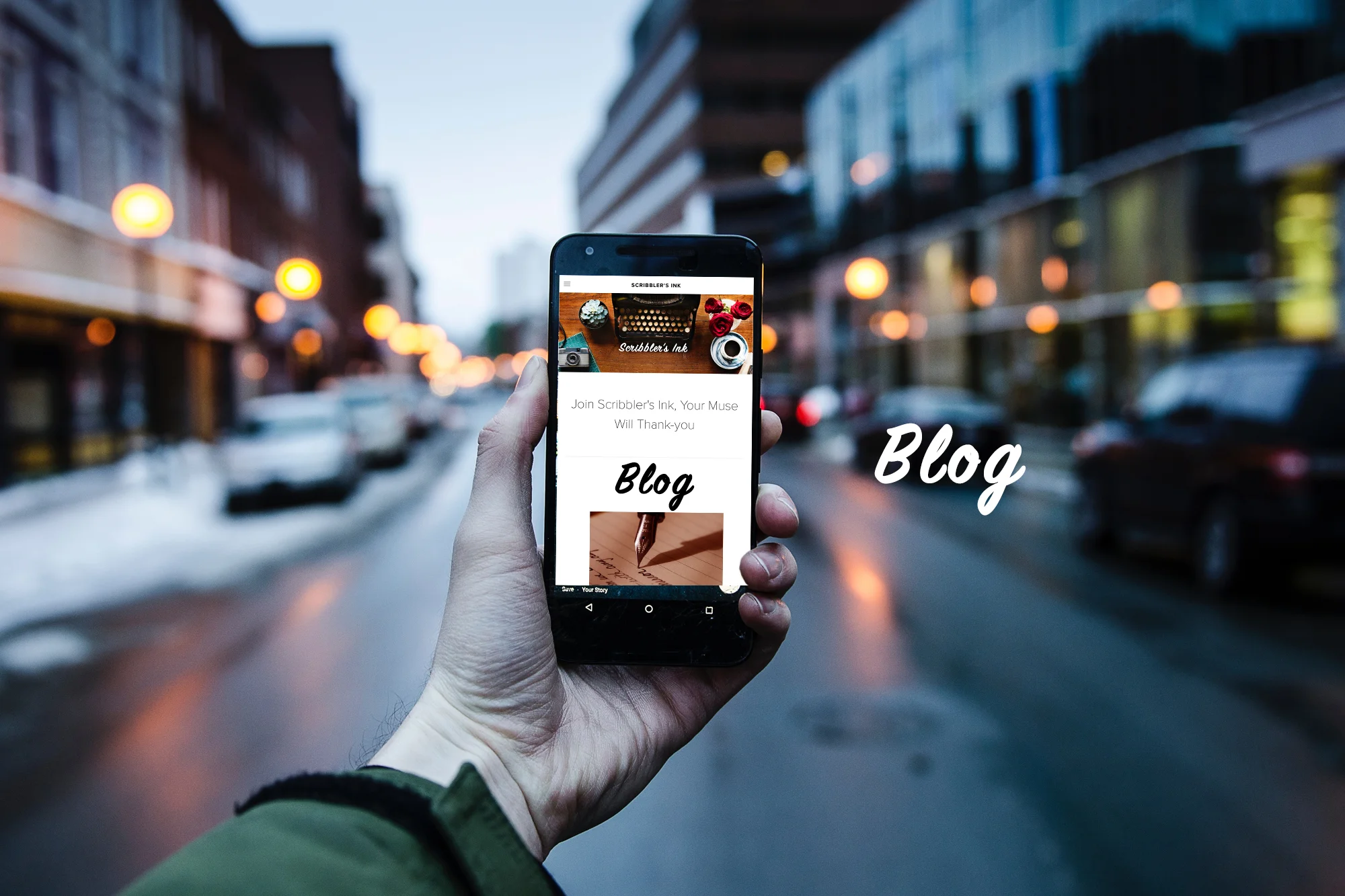Partially Handwritten by Ruth McLeod-Kearns
/A line from a movie resonated with me recently. The protagonist’s voice-over said, “As hard as it is to write while happy, it’s necessary to write while broken”. Although the film was forgettable, that one sentence lingered - “it’s necessary to write while broken”. I wholeheartedly believe this statement to be true. In my opinion, some of history’s greatest writers were inherently unhappy, manic, and flawed. These exact qualities, as unfortunate as they may seem, were instrumental in molding me into the author I am today. This is my unedited, partially handwritten story.
One of my first defining moments as a writer was the day I declared a journalism major in college. I knew my parents wouldn’t approve, but little things like that didn’t matter to my younger, more free-willed self. The power of the written word was my dream and the world would soon be mine…just not as soon as I had imagined. For – er, um – personal reasons, it quickly became evident that I wouldn’t last four years at a university. Since dropping out wasn’t an option, I did the next best thing and enrolled myself into a two-year nursing program. Passing my boards with only six points to spare, I became a registered nurse before the age of 20. I wouldn’t know this for many years, but the choices I made that year would change the path of my life as a writer forever. Thankfully, this wasn’t exactly a bad thing.
Years passed, babies were born, and I excelled in my latest profession. As we all know, life doesn’t always go as planned, and mine was not the exception. With little notice, the writer within me was hushed by the bells of the emergency department and everyday life – but not silenced. During a brief shining moment in my early thirties, I came into the resources and the time to officially take a charge at my life-long folly. This revelation would produce a manuscript totaling 120 pages of unedited, partially handwritten greatness. Without as much as a re-write, I courageously released my creative spirit into the world and awaited my recognition.
The growing list of rejection letters wasn’t the response I had anticipated. Instinctively, I convinced myself to view the declinations as a rite of passage, not failure. I maintained morale by imagining what my picture would look like on the back sleeve, I practiced interviews in the mirror, and never lost sight of my goal. What I did not prepare for were the challenges a writer faces between the glorious moment of getting an offer and seeing their work published. Needless to say, when the opportunity eventually presented itself, I blindly leapt.
I was paired with an editor that faced a serious challenge. Granted, my work wasn’t what you’d call, “clean”, but it couldn’t have been that bad. “Surely, my editor will cross a few T’s and dot a few I’s”, I thought. That did not happen. What I did receive was a critique totaling 220 pages - yes, nearly twice the size of my original manuscript. “A little braggy of him”, I scoffed. Those closest to me told me exactly what I wanted to hear and we concluded that the guy must have been crazy. Sadly, he wasn’t.
After 5 ½ rewrites, the publisher sent me a letter stating that the initial payment would only be processed upon receipt of a final draft written in first person. “First person?”, I thought, “What the hell is first person!?”. The little story I had once loved was now a constant reminder of my frustration. I couldn’t give them what they had wanted and I hated it. I eventually tapped-out, accepted this defeat as a life-lesson, and quietly melded back into the world of trauma nursing. A tattoo of an old-fashioned typewriter on my ankle and an unpublished book are all that remain from this whimsical moment in my life.
I can’t recall a specific loss that deemed me able. I can’t say that I’ll ever have an opportunity like that again. All I know is that the ability to tell a story, to captivate, to teach, to heal, to transform, is nothing short of incredible. Writers: we are one as creators yet differ through the conception of our intellect. Some of us use pencils, others type on keys; many of us are broken while others remain whole; whatever the tool or drive - hone it, respect it, never neglect it. Most importantly, don’t let time or rejection keep you from this craft. You must remember that it is not the writer that creates the experience, rather the experience that creates the writer.
In hindsight, I don’t think of my distant brush with print as the origin of my journey as an author. No – I guess I wasn’t a true writer until I had something to say.
Let’s talk soon, I’ll bring the coffee. -R.
Ruth McLeod -Kearns is the author of the ’30 Minutes or Less’ compilation, creator of the ‘I’ll Bring the Coffee’ blog series and contributing writer for FOE and Things Women Want Magazines. Her work explores her experiences with trauma nursing, motherhood, love and loss. McLeod-Kearns resides in Central California and is a full-time author. Her next novelette is due early 2017.
Official Website:
www.ruthmcleodkearns.com
Facebook:
www.facebook.com/ruthmcleodkearns
Twitter:
www.twitter.com/mcleodkearns


